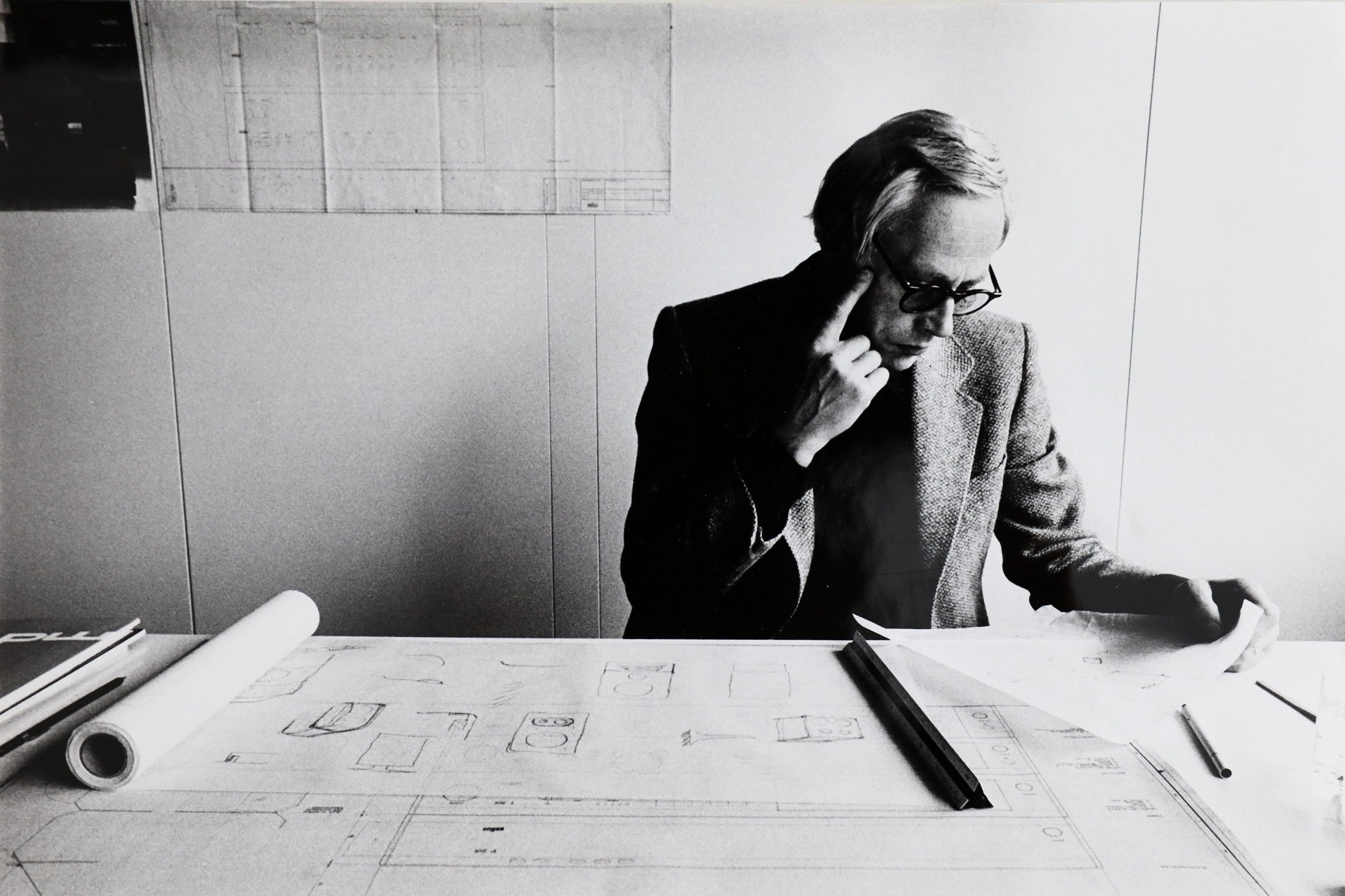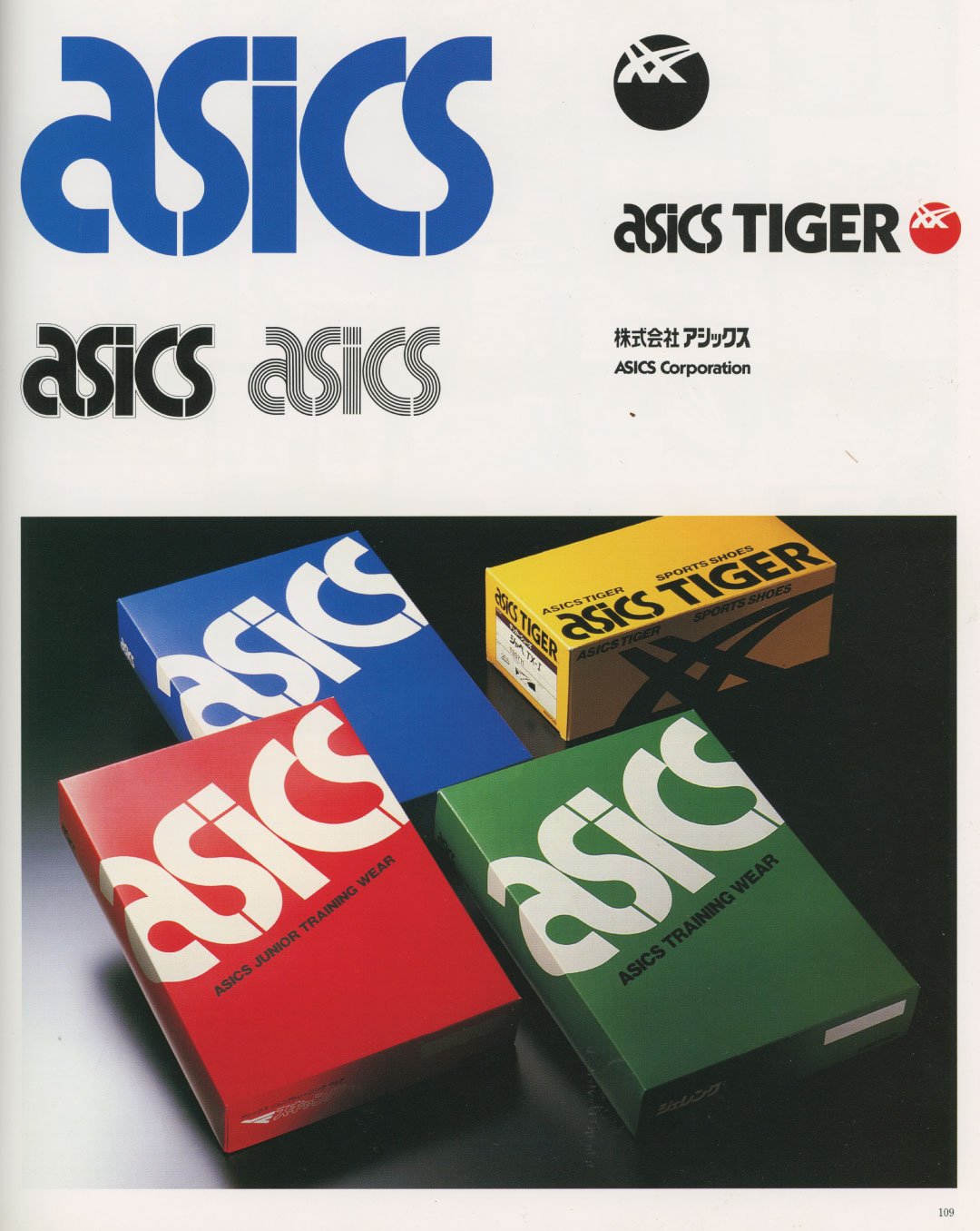Dieter Rams: The Father Of Modern Design

Born in 1932, Wiesbaden, Germany, Dieter Rams is a German industrial designer who is closely associated with his contribution at Braun and famed for his “less, but better” approach.
Rams has been cited as one of the greatest designers that laid the groundwork for the functionalist design movement.
Design influences came early in his life as his grandfather was a master joiner. He would spend hours in his grandfather’s workshop learning simple furniture-making. At the age of 15, Rams enrolled in the Wiesbaden School of Art and studied architecture and interior decoration. The emergence of German Modernist and Bauhaus movement translated into his studies at Wiesbaden. This was a pivotal point of time in his life where the ideologies of functionalism further shaped Rams’s design philosophy.
In 1955, Rams joined consumer products company Braun, under the contract that he would be renovating Braun’s office space and exhibitions to align with the company’s new design vision. Rams however quickly turned to product design and would later be appointed as Chief Design officer.
During his 45 years at Braun, Dieter Rams introduced over 500 iconic products, such as the T3 Pocket Radio and the FS 80 TV, which ended up in hundreds and millions of households. Rams turned the local supplier to a global juggernaut of consumer goods production. Along with his work at Braun, Rams was also instrumental to the success of furniture company, Vitsoe, with its launch of the 606 Universal Shelving System.
He also formulated the “Ten Principles of Good Design” which has inspired many of the products we see today, albeit furniture, technology, and fashion. It goes without saying that Dieter Rams will come down in history as one of the greats.






